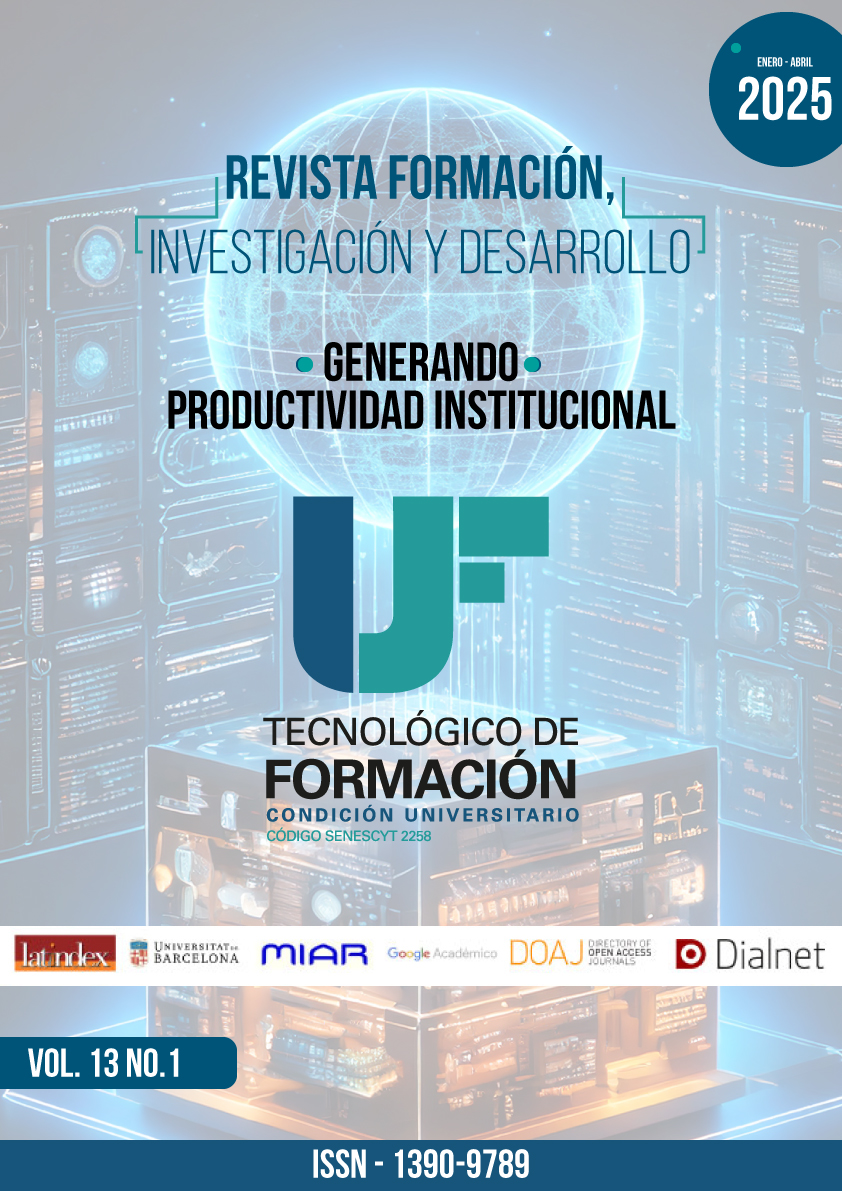In a world marked by technological transformation, ecological challenges, and the urgent need for pedagogical innovations, scientific knowledge must be more accessible, contextualized, and transversal. From this perspective, this interdisciplinary scientific journal presents itself as a meeting place for researchers, teachers, professionals, and students who address complex problems from multiple fields of knowledge. This issue brings together original contributions from Latin America, with an emphasis on educational, social, technological, and business contexts, oriented toward critical analysis, applied innovation, and social transformation.
This edition offers a compendium of articles that articulate diverse disciplines—such as economics, technology, pedagogy, occupational mental health, communication, environmental education, and artificial intelligence—in dialogue with contemporary realities.
In the economic and business sphere, proposals are addressed to optimize access to credit for Ecuadorian MSMEs through the design of financial indicator models, as well as the role of digital marketing in positioning the retail sector. In the field of education, innovative experiences are explored, such as the development of communication skills for early childhood teachers, the STEAM approach in island regions of Chile, and the implementation of mathematical problems with ecological content for citizenship education.
From a technological and educational perspective, the ethical and strategic use of artificial intelligence in both teacher planning and constructivist learning is analyzed, highlighting its implications for educational quality, pedagogical autonomy, and digital equity.
Furthermore, emerging topics of global relevance are examined, such as the integration of artificial intelligence in dual-use training, the ethical dilemmas of curricular automation, and occupational mental health from a comparative perspective. Environmental education, for its part, is treated as a key tool for sustainability from a curricular and training perspective, with an emphasis on interdisciplinarity.
This diversity of approaches and methodologies—quantitative, qualitative, mixed, and documentary—reflects the inclusive, critical, and proactive nature of this publication, aimed at stimulating the production of rigorous knowledge committed to the challenges of the 21st century.
Published: 2025-04-21

